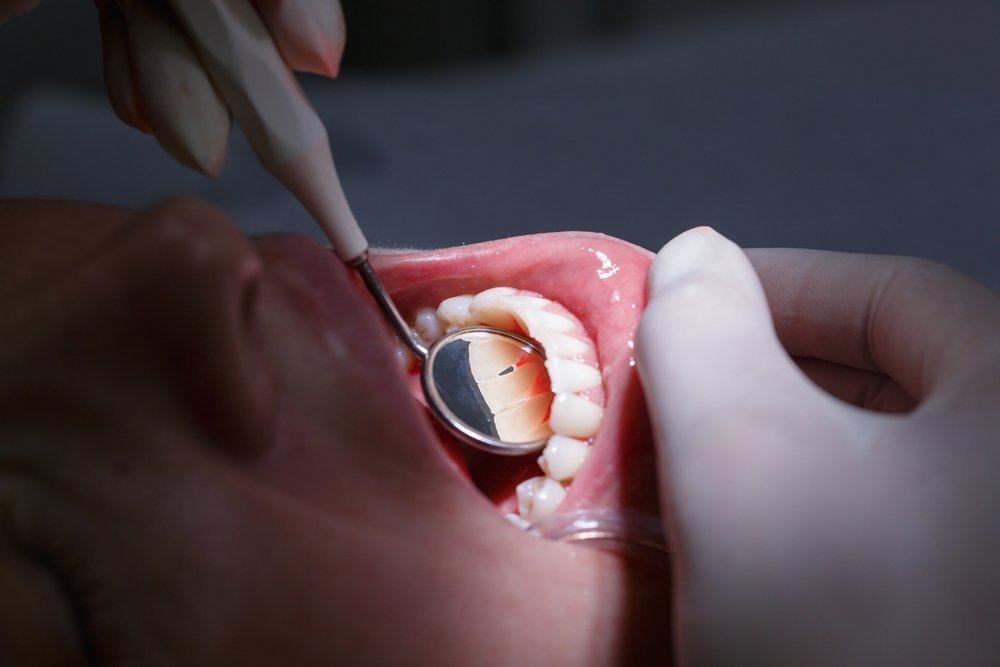Contents:
- Medical Video: Breast to Bottle: Tips to Help The Transition
- Benefits of breastfeeding for mothers
- What is contained in breast milk?
- Protein
- Fat
- Vitamin
- Carbohydrate
Medical Video: Breast to Bottle: Tips to Help The Transition
ASI provides ideal nutrition while completing all the baby's needs to grow, such as vitamins, protein and fat. And it's all provided in a form that is easier to digest than formula milk. Breast milk contains antibodies that help your baby fight viruses and bacteria. Breastfeeding also lowers your baby's risk of asthma or allergies. Furthermore, babies who get exclusive breastfeeding for the first 6 months without giving any formula milk will have a stronger body immune against ear infections, respiratory diseases and diarrhea attacks. They will also be hospitalized less often and visit a doctor.
A number of studies have reported that exclusive breastfeeding has been associated with higher IQ scores in childhood. What's more, physical closeness, skin-to-skin touch, and eye contact will strengthen the baby's bond with you so the baby will feel safe. Breastfed babies will have the right weight when growing, avoiding the risk of being overweight. Breastfeeding also plays a role in preventing SIDS (sudden infant death syndrome). It is estimated, breastfeeding can also reduce the risk of diabetes, obesity, and certain cancers, although further research is still needed.
Benefits of breastfeeding for mothers
Breastfeeding burns excess calories so that it can help reduce postpartum weight faster. Breastfeeding can also produce the hormone oxytocin which helps the uterus return to its original size and can reduce uterine bleeding after childbirth. Breastfeeding decreases the risk of breast and ovarian cancer, also decreases the risk of osteoporosis.
Because you don't need to buy and measure formula milk, sterilize nipples, or warm bottles, this will save you time and money. This also gives you time to relax with your baby.
What is contained in breast milk?
There are various vitamins and minerals in breast milk, namely:
Protein
There are two types of proteins in breast milk namely whey and casein. About 60% of the ASI protein content is whey, while the other 40% is casein protein. Protein balance is good for smooth digestion of babies. Formula milk has a larger percentage of casein so it will be difficult for the baby to digest it. About 60-80% of all proteins in human milk are whey protein. This protein is very important to protect yourself from infection.
Fat
Human milk also contains fat which is important for your baby's health. This is needed for brain development, absorption of fat-soluble vitamins, and is the main source of calories. Fatty acids are needed for the brain, retina, and development of the nervous system. Fatty acids are stored in the brain during the last trimester of pregnancy and are also found in breast milk.
Vitamin
The amount and type of vitamins in breast milk are directly related to maternal vitamin intake. This is the reason why it is very important for mothers to get adequate nutrition, including vitamins. Fat-soluble vitamins such as vitamins A, D, E and K are important for baby's health. Likewise water-soluble vitamins such as vitamin C, riboflavin, niacin and panthothenic acid are also very important. Because of this vitamin requirement, many health care providers and consultants will advise breastfeeding mothers to take prenatal vitamins.
Carbohydrate
Lactose is the main carbohydrate found in human milk. Carbohydrates produce about 40% of the total calories provided by breast milk. Lactose helps reduce the number of unhealthy bacteria in the stomach, which increases absorption of calcium, phosphorus and magnesium. Breastfeeding also helps your immune system to fight disease and increase the growth of healthy bacteria in the stomach.












